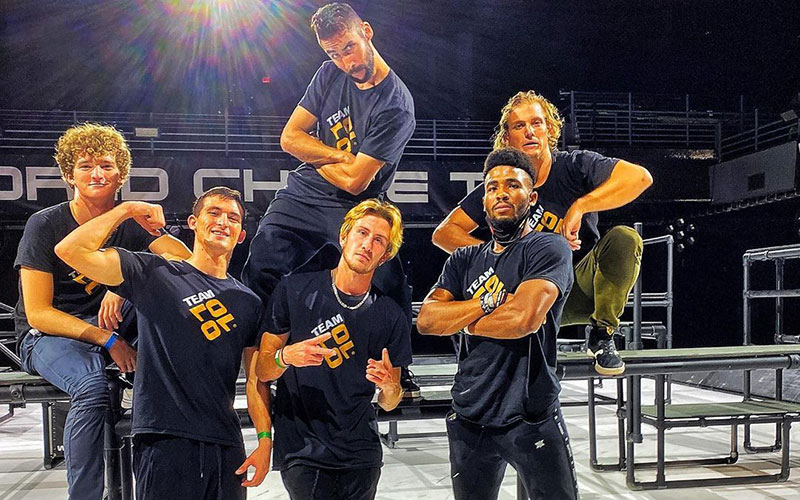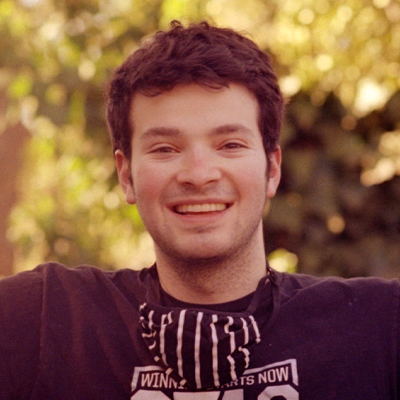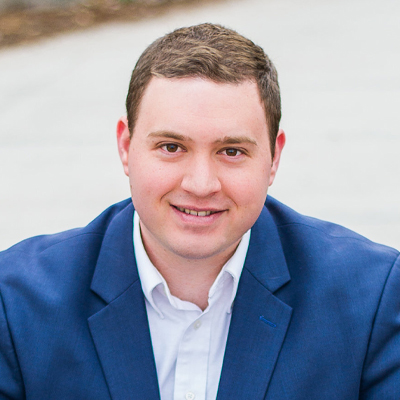
Team Ollo made it to the quarterfinals of World Chase Tag’s 2020 tournament in Atlanta, where Fernando Arce of Phoenix, top center, served as captain. (Photo courtesy of Fernando Arce’s Instagram)
PHOENIX – From start to finish, it takes 4.3 seconds.
The chaser in yellow and black sets his sights on the man in gray. He gets a running start from the edge of the “quad,” eyes on his cornered prey. The pursuer hurdles the Front Line, hops onto the base of the Mountain, then lunges onto an elevated platform to the right, extending his arm at full stretch through the side of the Loading Bay to catch his fleeing foe.
Tag, you’re it.
A competitive rule set for the childhood game of tag, World Chase Tag features matches consisting of 16 chases in a 40-foot by 40-foot quad strewn with creatively named obstacles, in which a member of one team earns a point by evading the other team’s tagger for 20 seconds. Teams cycle through six athletes.
The tagger here, in Team Ollo’s playoff win against No Cap at World Chase Tag USA 2020, was Fernando Arce of Phoenix, a parkour athlete. Nicknamed “the Velociraptor,” Arce captioned the lightning-fast play on his Instagram “Return of the Raptor.”
As team captain, Arce led Ollo to a berth in the quarterfinals of the inaugural tournament in Atlanta in October, where it lost to the ultimate champions, Apex of Colorado.
“It was so much fun, and so needed because everyone was locked up in pandemic times, so we’re all, like, in our homes, not able to train outside or go to a gym because gyms are shut down,” Arce said. “And so when we had this opportunity to travel, and meet up with a whole bunch of other athletes from around the U.S., it was such a fun time.”
The 2020 tournament was the first major U.S. event for World Chase Tag. Arce completed five of six tags in an average time of 10 seconds, but did not record an evasion in four attempts. For the upcoming August 2021 tournament in Akron, Ohio, where organizers are discussing welcoming an audience, Arce will take his talents to the broadcast booth.
“It’s just another expression of who I am,” he said, “expressing out and explaining our sport to people who are unknowledgeable about it and want to know more about it.”
The 2021 competition marks another key step in the rapid growth of a game that began with Christian Devaux and his son in their yard in England in 2011, chasing each other through tables, benches and “general garden rubbish.” The fledgling sport grew into a group on the online organizing service Meetup in Hyde Park, London, before hosting its first official event in 2016. Then came the meteoric rise.
“As soon as we did that first event, we put it out online,” Devaux said. “People started to watch, and once it got picked up on a couple of channels, like LADbible, Unilad, Bleacher Report, all these big Facebook and Instagram channels would ask for footage.”
World Chase Tag now has 896,000 YouTube subscribers and 160,000 Instagram followers. Devaux, who founded the competition with his brother Damien, said the sport’s mass appeal comes from its universality. As a beloved childhood game, he said, it transcends the “cultural limitations” of traditional sports.
“To chase and be chased is one of the most natural states of our mind,” he said. “We’re here on the planet. Humans have been successful because of our ability to hunt and to avoid being hunted.”
In what he calls “the Pepsi Challenge of sport,” Devaux argues that ignoring all preconceptions of what is or isn’t a legitimate sport, chase tag could win out as the most entertaining for spectators. And he said that’s largely due to its talented athletes.
“When we first started, the idea of doing, like, tag as a sport was utterly ridiculous,” he said. “But because we were lucky enough to have really good parkour professionals doing it, they legitimized the sport because they just looked so good moving over obstacles.”
This is where Arce comes in, with his decade-plus of experience doing all sorts of competitive acrobatics as a parkour and freerunning athlete in Phoenix.
“It’s always hot, but we can train outside for hours on end, and there’s plenty of locations – universities, downtown locations,” he said. “There’s never a shortage of jumpable obstacles there in Arizona.”
In some states, parkour gyms run their own chase tag teams, whose athletes get to train together frequently. This isn’t the case in Arizona.
“Our team structure in a broader sense isn’t that formal,” said Chip Howes, CEO of Ollo the company, which makes shoes for parkour. “It’s really athletes who we support with product, who’ve always been interested in Ollo shoes.”
Howes said Arce pledged to Ollo’s Kickstarter when the company was getting started and has been involved with it since.
While Team Ollo has featured other Arizona athletes, including Luke Anderson (who trains with Arce and is part of Cirque du Soleil) and Seth Jung (whom Arce said will play at WCT USA 2021), it also includes players from as far away as South Carolina. Though physically distant, they share a passion for tag and an enthusiasm for Ollo shoes. (In many cases, they also share a shoe size, which came in handy for Howes when Ollo was working on a new prototype he wanted to show off in competition, and only had it available in size 10).

Team Ollo made it to the quarterfinals of World Chase Tag’s 2020 tournament in Atlanta, where Fernando Arce of Phoenix, top center, served as captain. (Photo courtesy of Fernando Arce’s Instagram)
Howes said the players’ lack of proximity was a disadvantage, but the team also benefited from being able to effectively select athletes from across the country. Arce said the team exceeded expectations at last year’s tournament.
“We were an underdog last year, because no one knew of us … we really turned some heads and made some splashes out there,” Arce said.
He’s excited to see how the squad performs in August, even though despite his best efforts to find a compromise between commentating and competing, he won’t be able to join them. He got the news that the Devaux brothers wanted him to join the broadcast only days after practicing with Anderson on a newly constructed quad at Apex in Colorado.
“A week later, they asked me about the commentating,” he said. “I’m like, ‘I just trained on it so much, and I got all this inside information and tactics downloaded.’”
But Arce said he’s saving this strategy knowledge for his teammates, his commentary and future competitions. Despite his upcoming ESPN gig, he’s eager to get back to playing tag.
“When you go down to compete, it’s like you’re just having fun with your friends sometimes,” he said. “You’re not even, like, really competing, you’re just like ‘Oh, I’m just gonna tag you, uh-huh!’”

